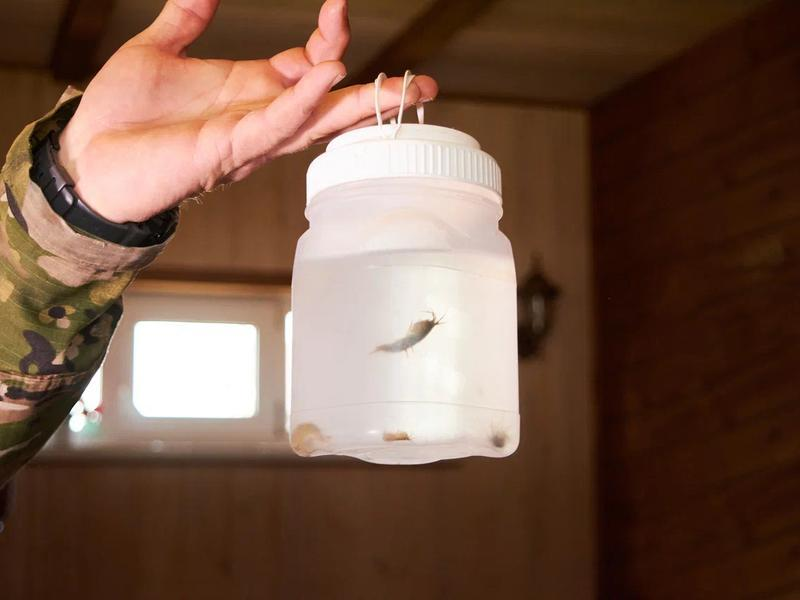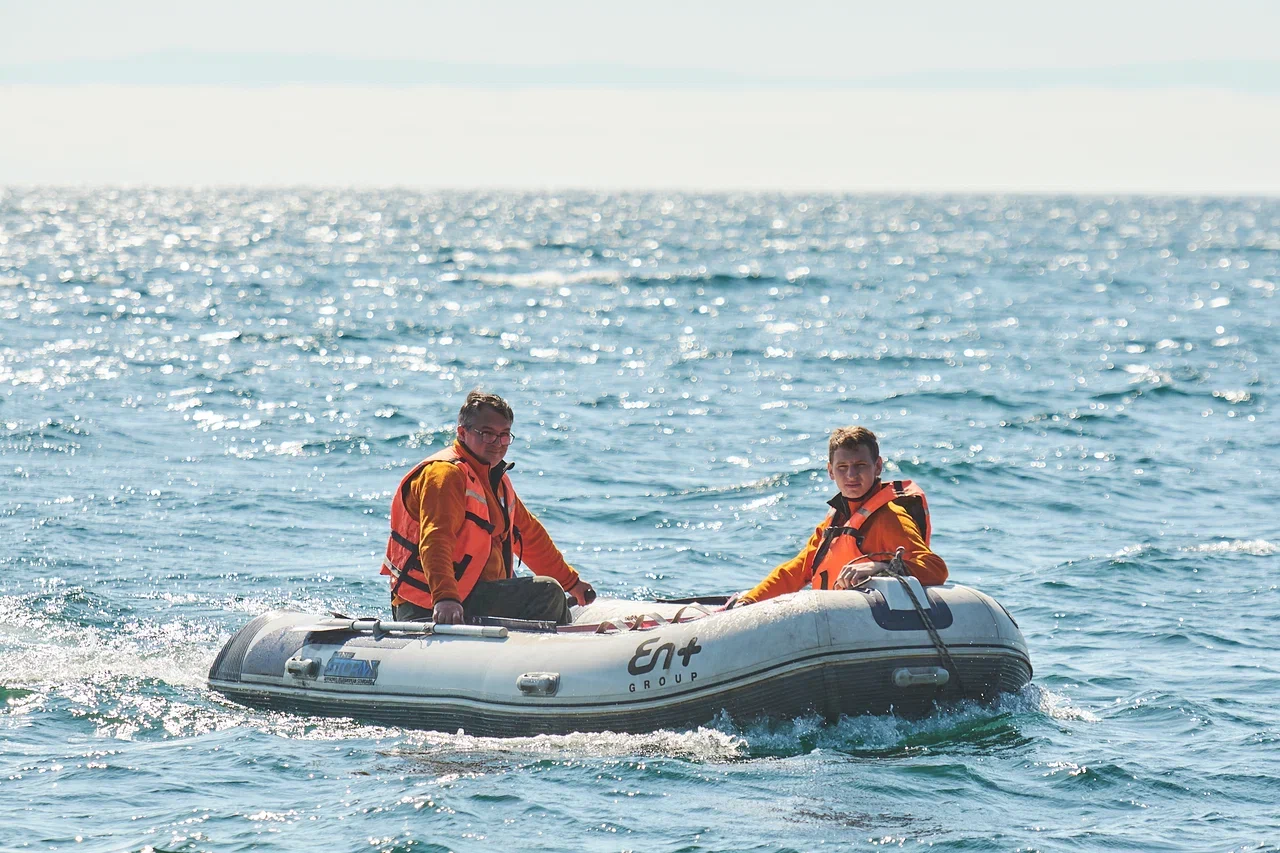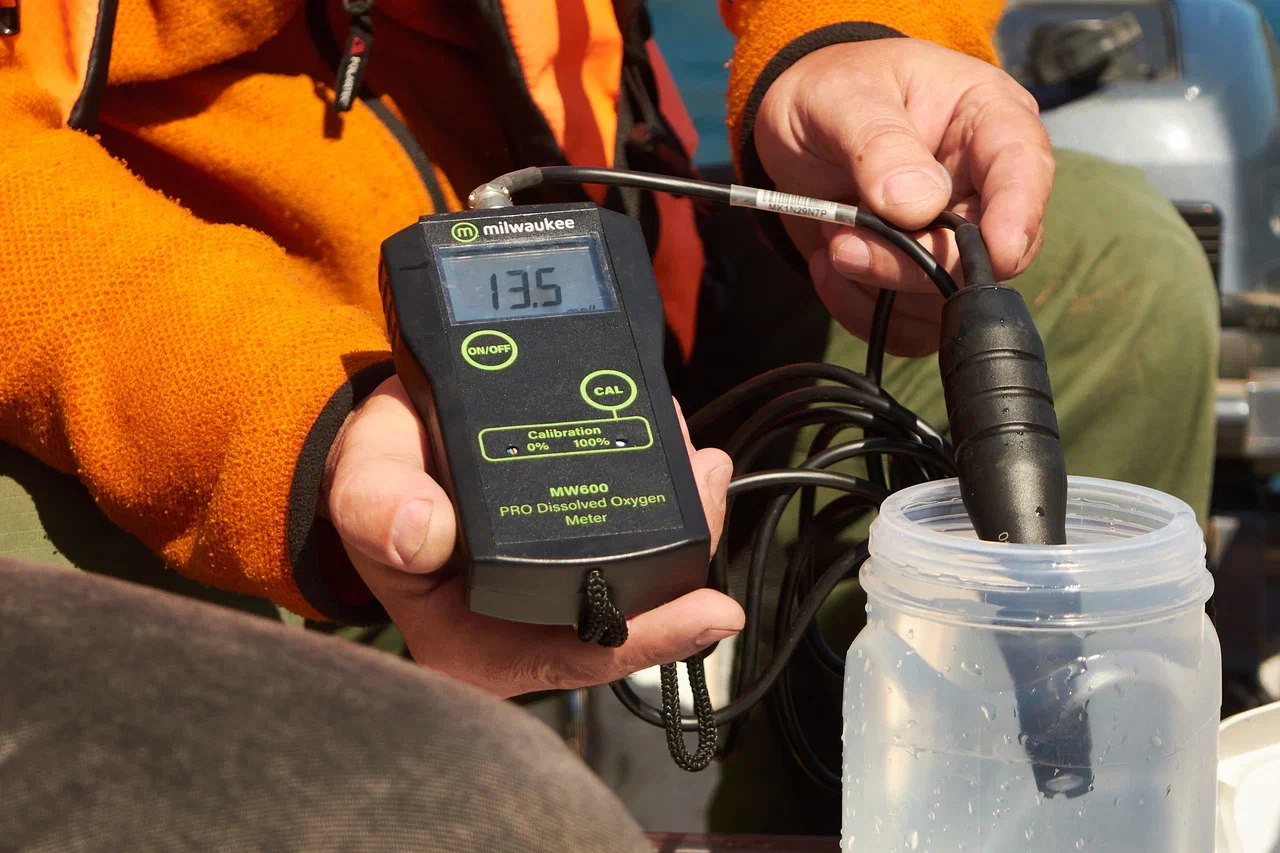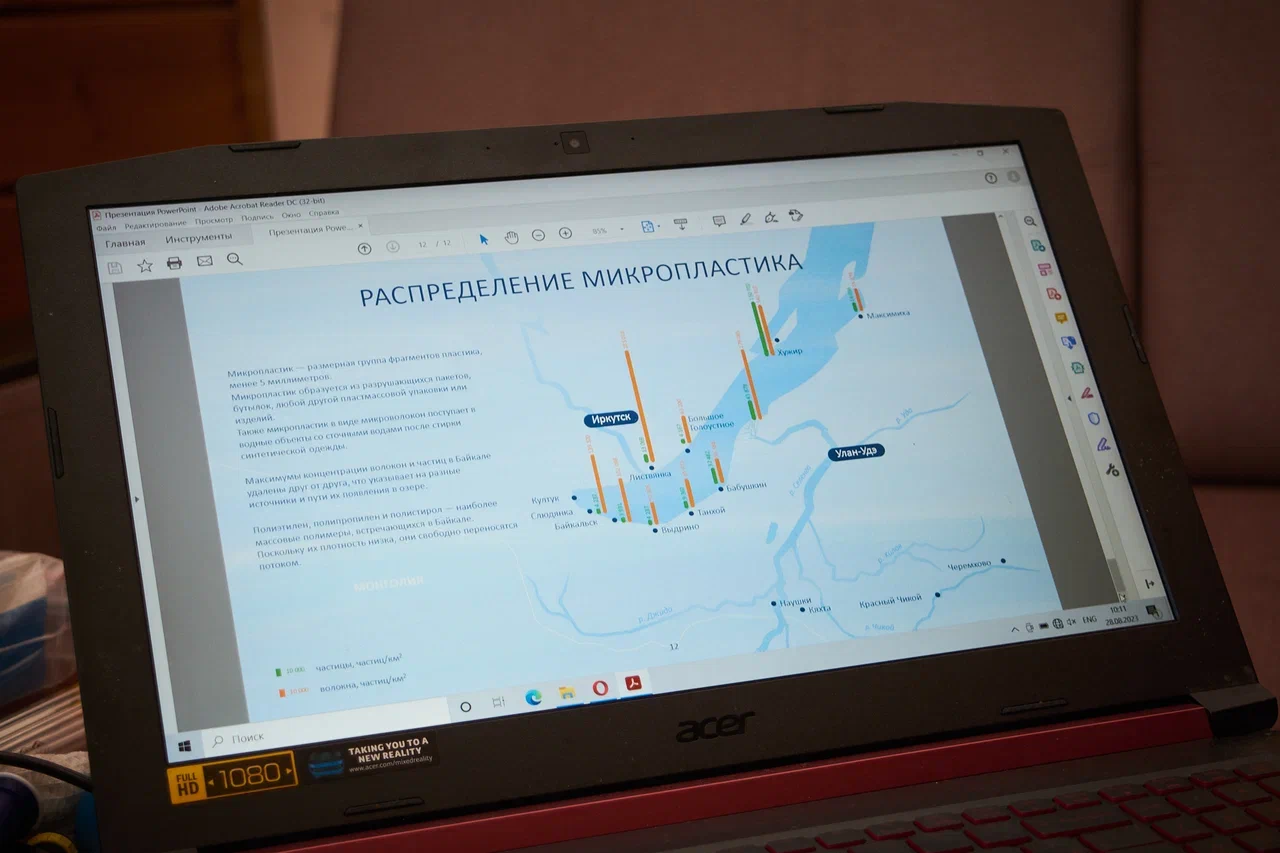
A team of scientists is currently conducting large-scale environmental monitoring on Lake Baikal. Employees of M.V. Lomonosov Moscow State University, A.N. Severtsov Institute of Ecology and Evolution RAS and other researchers are participating in the expedition organized by the En+ energy holding. They are studying the state of the lake in the area of the villages of Bolshoye Goloustnoye, Listvyanka, Gremyachinsk, Tankhoy, Babushkin, Maksimikha, near Olkhon Island and the Selenga delta.
Scientists prioritize measuring the amount of microplastics in water
The expedition In 2017 recorded that there are from 19 to 75 thousand microplastic particles per square kilometer of Baikal. This is a high degree of contamination, since the average value in areas of this area is 42 thousand fragments. Microplastics travel through the food chain from the inhabitants of Baikal waters to larger creatures, including humans.
– The content of plastic in Baikal waters is already comparable to the content in other lakes on our planet: European, Lake Geneva, and the American Great Lakes. There, “plastic” civilization has been developing quite actively for a long time, from the very beginning of the use of polymers, but here pollution began relatively recently, but its speed is so high that the concentrations are already comparable, says Mikhail Kolobov, senior researcher at the Department of General Ecology and Hydrobiology, Faculty of Biology, Moscow State University.

The problem of the high content of microplastics attracted the attention of large companies in the region - so in 2022 in the Irkutsk region, the Baikal Without Plastic Association whose members advocate reducing the use of such products, began its work. This year, the association, with the support of En+, recovered more than two tons of abandoned fishing nets from the bottom of the lake.
Another important mission of the expedition is to check water quality. Recently, employees of the Limnological Institute of the SB RAS reported shocking research results: in popular tourist places on Lake Baikal the content of E. coli and enterococci was many times higher. This is a result of the lack of an effective sewage treatment system and uncontrolled runoff from agricultural land. Now scientists from Moscow have to take groundwater samples.

The expedition includes geneticists, they study Baikal gammarus - these are endemic crustaceans that serve as a food base for other inhabitants of the lake. Their numbers have greatly decreased in recent years. This is especially noticeable in the delta of the Selenga River. To find the cause, scientists used special bacteria that react to toxicants. The results suggested that Gammarus dies due to the toxic effects of DNA-tropic substances, which it accumulates in its tissues during its life.
On Lake Baikal, the population of another endemic – the Baikal sponge – is declining. Due to the high concentration of nutrients in coastal waters, the immune system of sponges collapses, bacteria begin to develop on them, and over time, endemic species die.

Baikal sponges are one of the main filters of the lake. One sponge cleanses a bucket of water per day.
Scientists and representatives of En+ are confident that a set of environmental measures is necessary to solve the accumulated problems. In particular, reducing the use of plastic, building treatment facilities, and a waste disposal system. The full results of this year's expedition will be known after its completion and analysis of the data obtained.
“Since 2019, we have been supporting a scientific environmental monitoring expedition; it covers the coastal zone of the lake and is carried out annually. The results of scientists' research are discussed on discussion platforms and submitted to authorities for making management decisions. Research allows us to assess the current situation, environmental risks and the causes of their occurrence. This is a lot of work that is necessary for the sustainable development of the Baikal natural territory,” emphasized Alexander Pervushin, chief specialist in analytics and management systems of the Directorate for Sustainable Development of En+.
